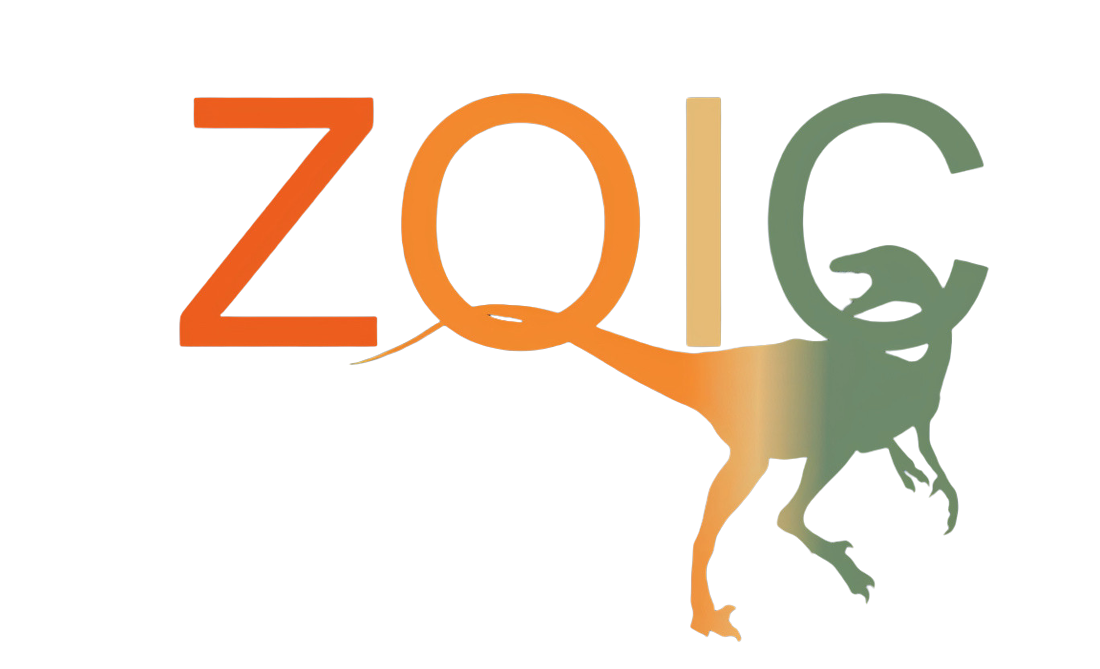Zoic is an easy-to-use middleware library for caching responses from RESTful API endpoints in Oak, built for the Deno JavaScript runtime. Zoic provides both LRU and LFU in-memory caches, as well as support for Redis caches. Developers can use Zoic to easily cache HTTP responses with one simple middleware function that automatically handles both caching response data in the event of a cache miss, and sending responses on cache hits.
The Zoic Developer Tool allows developers to monitor cache metrics in real time. The easiest to get it is to add it from the Chrome Web Store. Checkout the Zoic Developer Tool README for more details.
To get started, first make sure you have Deno installed and configured.
In your application, import the Zoic module from the deno.land module.
import { Zoic } from 'https://deno.land/x/zoic/zoic.ts';Initialize a new Zoic object, passing in your user defined options object. If no options object is passed, Zoic will set all properties to their default values.
cache: Sets cache eviction policy, options being'LRU','LFU', and'Redis'. Default value:'LRU'expire: Sets cache invalidation/expiration time for each entry. This can be set in human readable time, as a comma separated string, denoting hours with value followed by'h', minutes followed by'm', and seconds followed by's'. Alternatively, you may pass in the time as anumberrepresenting seconds. Default value:Infinitycapacity: Sets the maximum number of entries. Default value:InfinityrespondOnHit: Determines if cache hits should be sent as an HTTP response immediately upon retrieval. If this is set tofalse, the cached response data will be attached to OakContext.stateproperty,context.state.zoicResponse. It is recommended to leave this set totrue, unless additional processing on the response data is desired in the event of a cache hit. Default value:true
Example:
const cache = new Zoic({
cache: 'LFU',
expire: '5m, 3s',
capacity: 50,
});To use an instance of Redis as your cache, initialize a new Zoic object, passing in 'Redis' as the cache property on your options object. You also must specify the port your instance of Redis is running on, via the port property. Optionally, you may pass the hostname as well. This value defaults to '127.0.0.1'.
NOTE: Options expire and capacity do not have an effect on Zoic if using Redis, as these would be defined in your Redis configuration.
Example:
const cache = new Zoic({
cache: 'redis',
port: 6379
});Zoic.use() is responsible for both sending cached responses, and storing responses in the cache. When .use() is called in a middleware chain, it will check if data exists in the cache at a key representing that route's endpoint. If the query is successful, it will send an HTTP response with the cached body, headers, and status. If the query is unsucessful, .use() will automatically listen for when the subsequent middleware in that route has been executed, and will cache the contents of the HTTP response before being sent to the client. This way, the developer only needs to place .use() in their middleware chain at the point where they would like the response to be sent in the event of a cache hit, making it extremely easy to use.
NOTE: if the user has selected false for respondOnHit when initializing Zoic, the response data will be stored on ctx.state.zoicResponse instead of being sent as an HTTP response.
Example:
const cache = new Zoic();
router.get('/userInfo/:name', cache.use, controller.dbRead, ctx => {
ctx.response.headers.set('Content-Type', 'application/json');
ctx.response.body = ctx.state.somethingFromYourDB;
});Zoic.put() will add responses to the cache without first querying to see if an entry already exists. The primary use being to replace data at an already existing keys, or manually add responses without anything being returned. Like with .use(), .put() will automatically store the response body, headers, and status at the end of a middleware chain before the response is sent.
Example:
const cache = new Zoic();
router.put('/userInfo/:name', cache.put, controller.dbWrite, ctx => {
ctx.response.body = ctx.state.someDataYouChanged;
});Zoic.clear() clears the contents of the cache.
Example:
const cache = new Zoic();
// On its own..
router.post('/userInfo/:name', cache.clear);
// In conjunction with another function...
router.post('/otherUserInfo/', cache.clear, controller.dbWrite, ctx => {
ctx.response.body = ctx.state.someFreshData;
});This product is licensed under the MIT License - see the LICENSE file for details.
This is an open source product.
This product is accelerated by OS Labs.
